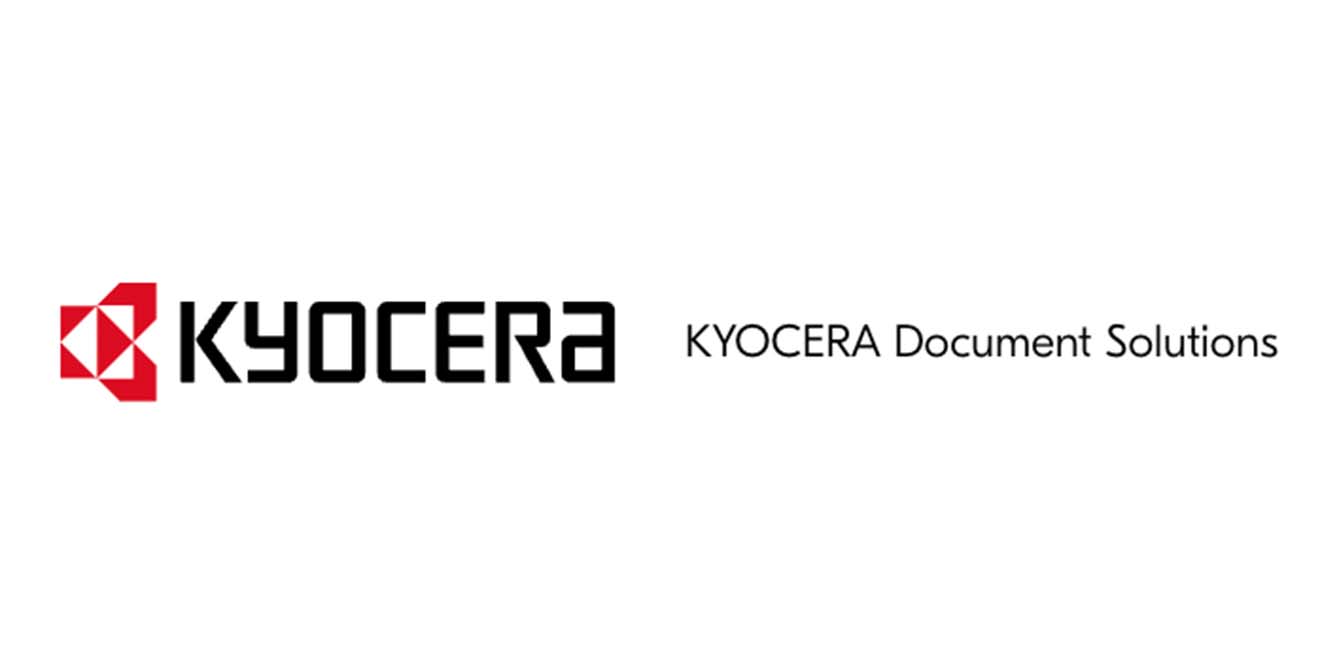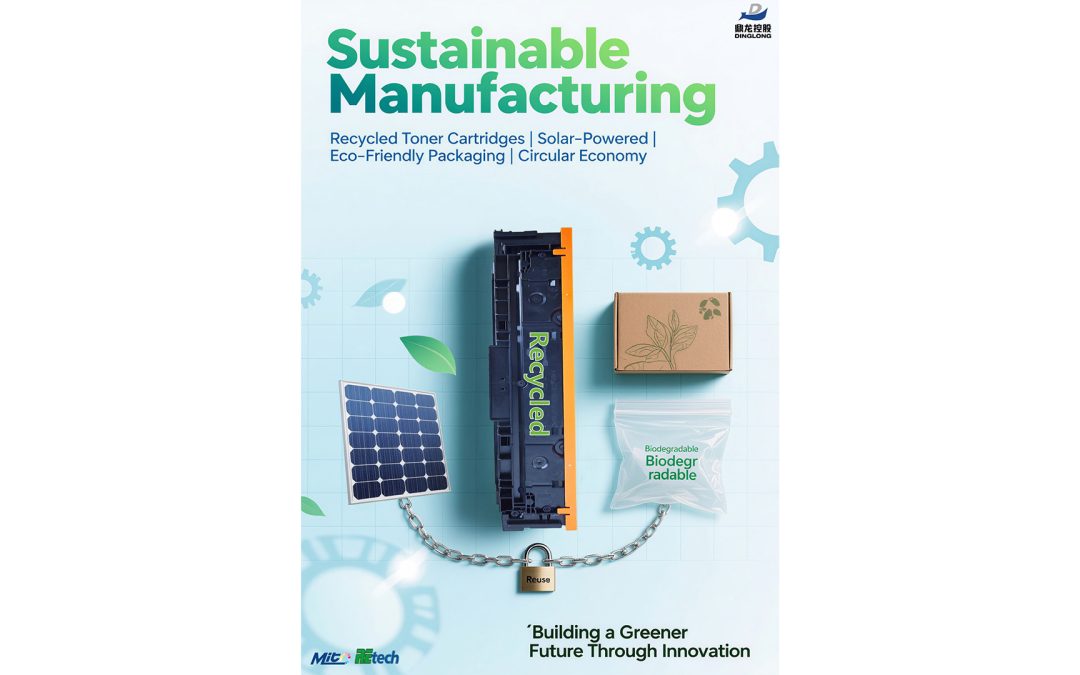Kyocera’s 2024 Integrated Report reveals bold sustainability efforts in its printer division, yet fiscal pressures continue.
Kyocera Corporation has published its 2024 Integrated Report, highlighting its ambitious sustainability initiatives and financial challenges over the last fiscal year. The report highlights its printer and multifunction printer (MFP) business, emphasising a growing focus on environmentally friendly practices.
 A key highlight is the launch of the FOREARTH textile inkjet printer, which the company says drastically cuts water consumption and their commitment to sustainable innovations. The report also outlines plans to increase the use of post-consumer recycled materials in printer enclosures and toner containers to 5% by the end of 2024, increasing circular economy principles into its core business. Additionally, the long-life design of Kyocera’s printers and MFPs aims to extend product lifecycles and reduce overall waste.
A key highlight is the launch of the FOREARTH textile inkjet printer, which the company says drastically cuts water consumption and their commitment to sustainable innovations. The report also outlines plans to increase the use of post-consumer recycled materials in printer enclosures and toner containers to 5% by the end of 2024, increasing circular economy principles into its core business. Additionally, the long-life design of Kyocera’s printers and MFPs aims to extend product lifecycles and reduce overall waste.
Kyocera’s financial performance for the year revealed a complex picture. The company’s core components business, which includes its printer segment, recorded a 23.3 billion yen ( €156.1 million / $170.1 million) reduction in sales. Total sales were ¥569.1 billion (€3.58 billion / $3.78 billion) for the year ending March 2024. This decline was primarily driven by weakened demand in key markets, particularly semiconductors and electronic components. The slowdown in global semiconductor demand, a critical component of Kyocera’s printer technology, posed a major challenge, especially as the broader market faces global supply chain constraints.
In addition to revenue pressures, profitability also took a hit. Kyocera’s business profit fell by 36%, dropping from ¥89.5 billion (€563 million / $594 million) to ¥57.2 billion (€360 million / $380 million) year-on-year. This decline was attributed to several factors, including increased labour costs, higher depreciation expenses from recent investments, and underutilised production capacity in certain segments. The company’s efforts to invest in growth have added to the immediate financial strain.
The report also highlights geopolitical tensions as a significant factor affecting Kyocera’s supply chain. The U.S.-China trade tensions have necessitated the company to relocate some production operations from China to Vietnam and Thailand. This strategic move to mitigate the impact of rising tariffs has resulted in new operational challenges, further squeezing the company’s margins.
Kyocera is intensifying its focus on digital transformation and smart factory initiatives to counter these challenges. By incorporating AI and automation into its manufacturing processes, the company aims to drive productivity improvements and reduce costs over the long term.
The company continues to invest in the semiconductor and AI markets, which Kyocera expects to experience significant growth in the coming years and position the company for profitability and market share recovery.




















